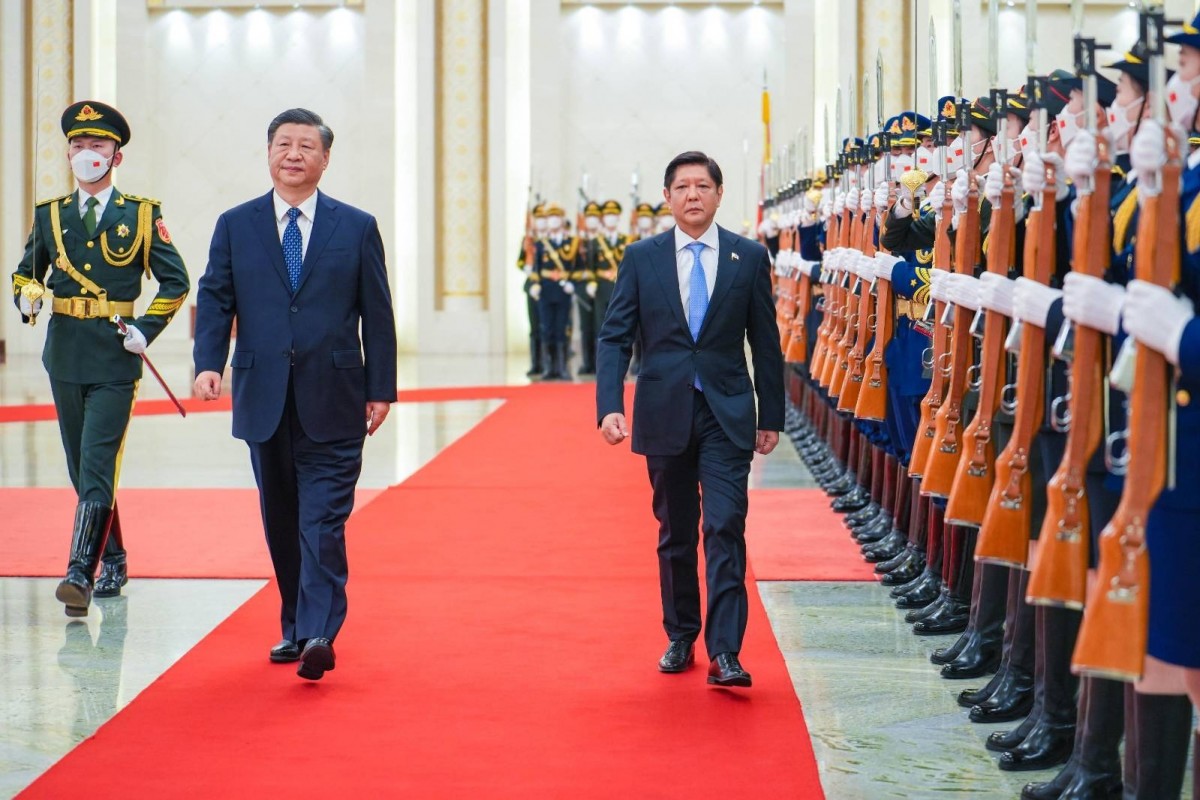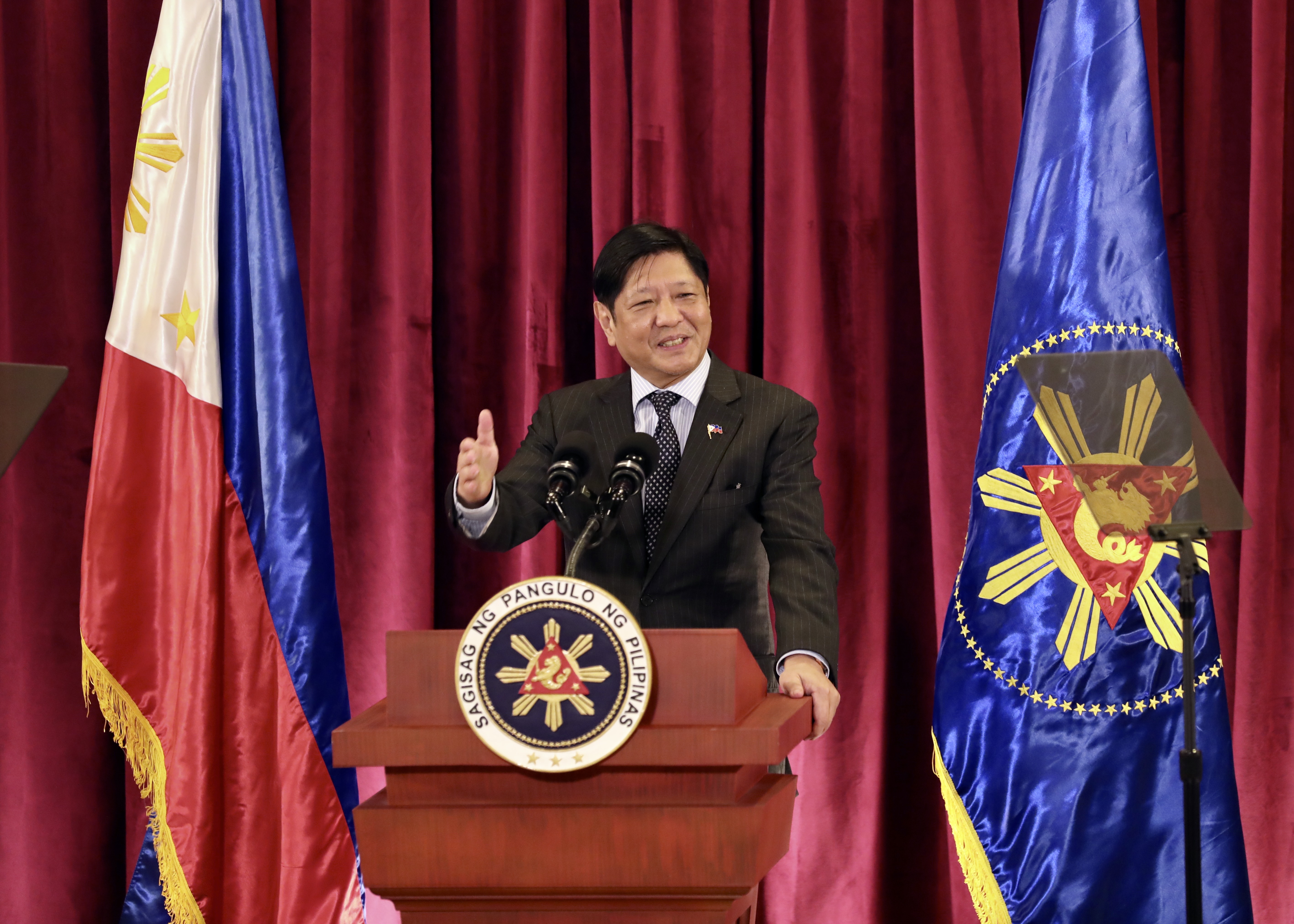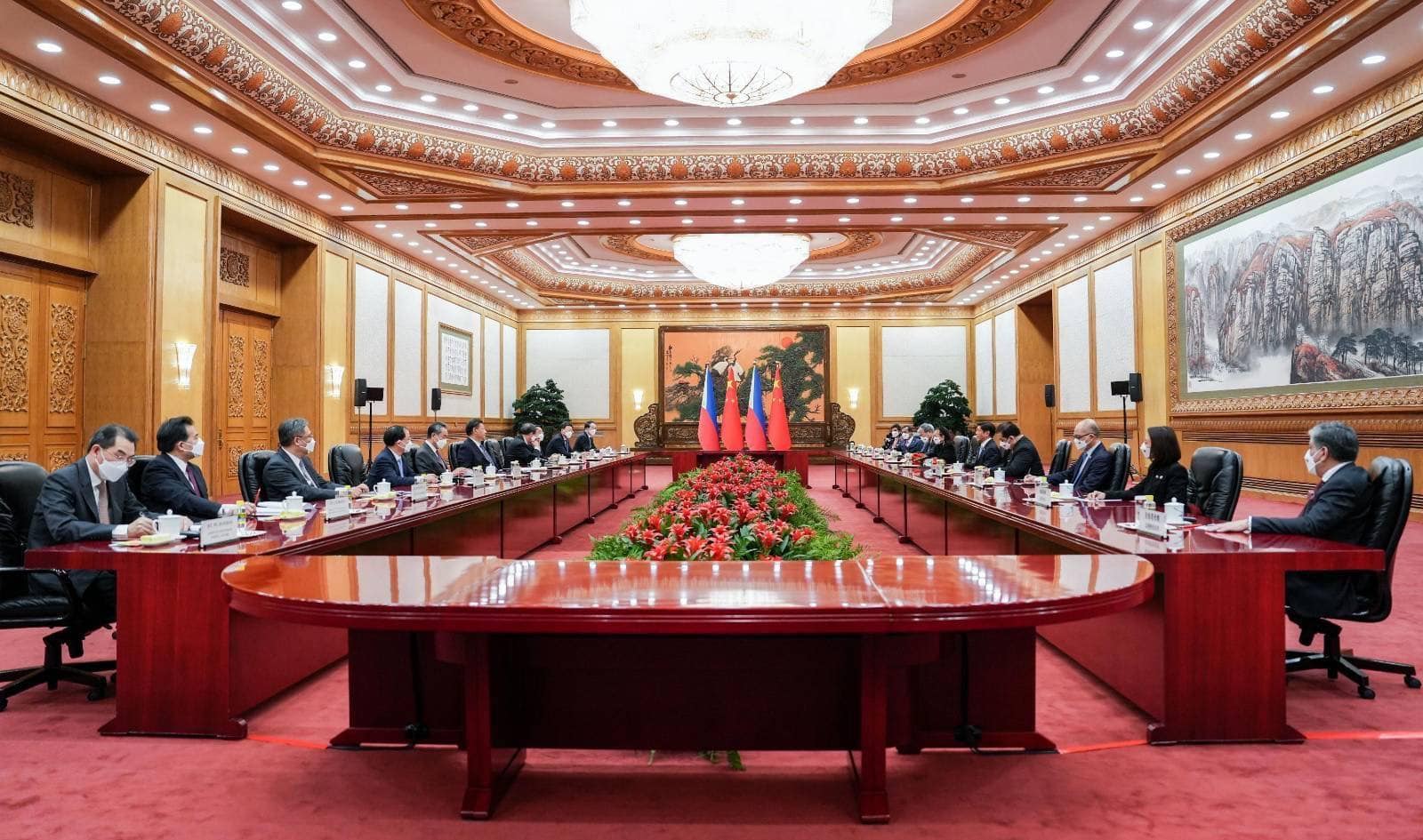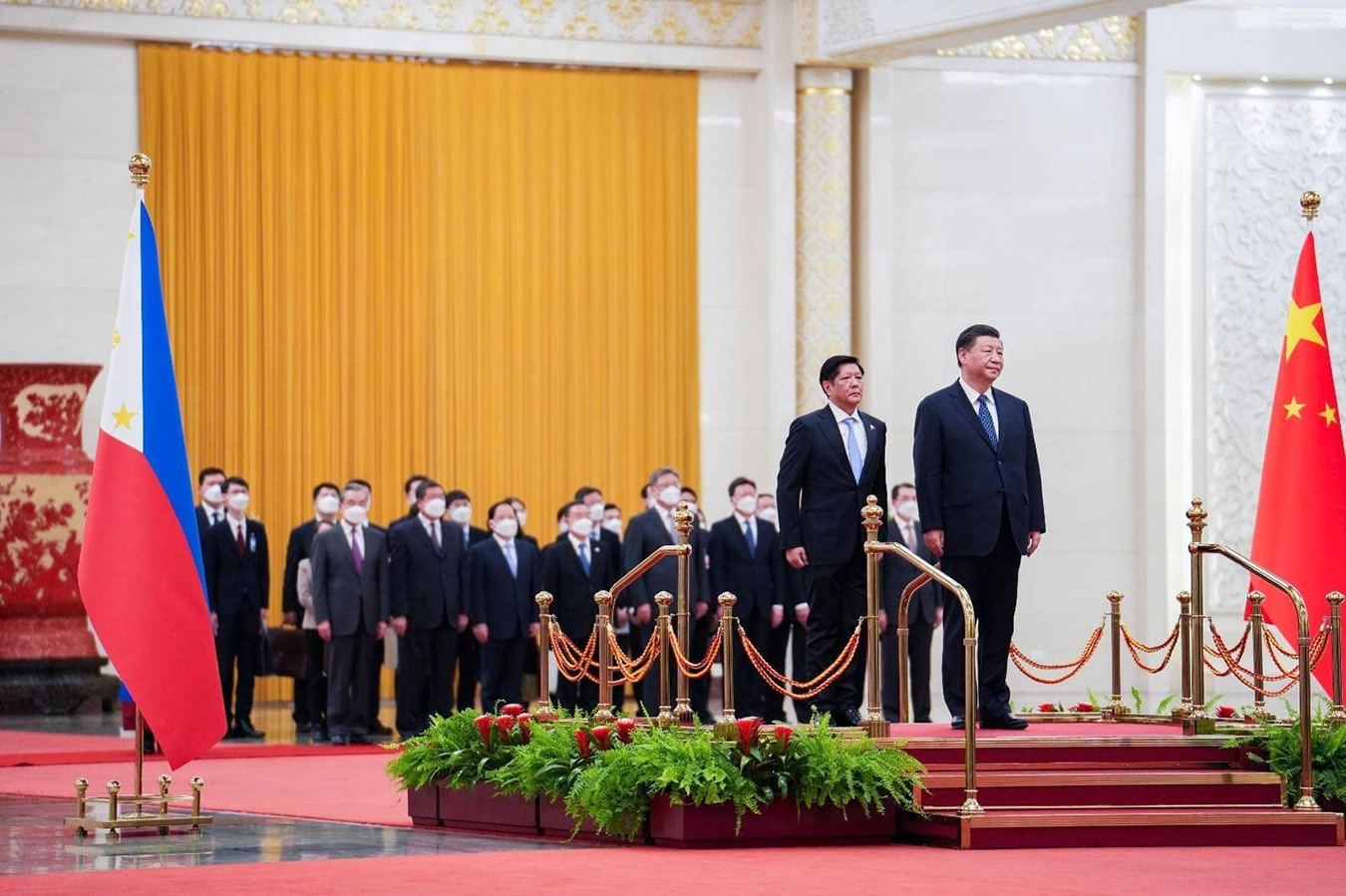QUEZON CITY (PIA) -- President and acting Department of Agriculture (DA) Chief Ferdinand R. Marcos Jr. signed deals to improve the Philippines' trade and agriculture during his state visit to the People’s Republic of China on January 3-5, 2023.
The state visit was focused on improving the ties between the Philippines and China in areas but one of the particulars during the three-day engagement was to boost the economic relations between the two countries.
PH-CHINA TRADE
Even before this state visit, the Philippines has already created a good trading relationship with China. Between the two nations, there is a total trade of $29.1 billion from January to September of 2022. To top this, China is also the Philippines’ top import supplier and the country’s second-largest export market.
PBBM’s Cabinet members joined him to address several bilateral agreements. One of the 14 agreements was a Memorandum of Understanding (MOU) between the Department of Trade and Industry (DTI) and the Ministry of Commerce of China on electronic commerce cooperation. Part of the MOU was the exchange of products and services as well as ideas for Micro, Small, and Medium Enterprises (MSMEs), startups, and e-commerce platforms.
A mutual recognition agreement between the General Administration of Customs of China and the Bureau of Customs (BOC) of the Philippines on the authorized economic operator program was also signed during the state visit.
In a meeting between Chinese President Xi Jinping and PBBM, the two leaders agreed to further increase a more balanced bilateral trade and expand capital market cooperation. PBBM also received a commitment from the foreign nation to address the trade deficit gap as China readies to accept high-value Philippine agricultural products.
PH-CHINA AGRICULTURAL RELATIONS
Efforts of the agriculture department to address the post-pandemic recovery are evident in different initiatives. As the acting chief of DA, the President is expected to touch on agriculture-related matters during the state visit.
The President secures $22 billion in investment pledges and $1.72 billion of which is towards agriculture. Trade deals were sealed during the agribusiness roundtable meeting which focused on the market access for Philippine durian to China. Also, part of the billion-dollar investment pledge is coconut and food processing; the development of durian production; and processing and marketing, as well as alternative green technology for animal feeds and other agriculture-related products.
In addition, two cooperative agreements were also sealed to ensure a sustainable supply of agricultural inputs, especially fertilizers.
Aside from these pledges, PBBM also witnessed official agreements between the nation and China.
Included in the long list of the signed bilateral agreements is the action plan for 2023-2025 on agricultural and fisheries cooperation between the DA and China’s Ministry of Agriculture and Rural Affairs; the handing over of the certificate for the Philippine-Sino Center for Agricultural Technology-Technological Cooperation Phase III (PHILSCAT-TCP III); and “Durian protocol” or the agreement on the protocol of phytosanitary requirements for the export of fresh durians from the Philippines to China between the DA and China’s General Administration of Customs.
Because of these developments particularly in trade and agriculture, DTI Secretary Alfredo Pascual touted the Philippines as a “highly promising production base for agribusiness, a source also of products for export to China.” He also invited investors to see the Philippines as an investment destination.
Aside from trade and agriculture, the delegation in China also sealed bilateral agreements that will reinforce other key agendas of the current administration:
- For infrastructure, MOU on cooperation on the Belt and Road Initiative (BRI) for high-quality projects and the “Build, Better, More” to spur economic growth,
- Certificate of two China-aid bridge projects in Manila, the Binondo-Intramuros bridge and the Estrella-Pantaleon bridge,
Framework agreement for the Renminbi-portion of the loan financing for three priority projects of the Department of Public Works and Highways (DPWH) and, - Sealed four loan agreements for the mixed-credit financing (US Dollar and Renminbi) of three priority bridge projects under the public works department.
- For digitalization, MOU between the Ministry of Industry and Information Technology of China and the Philippines’ Department of Information and Communications Technology (DICT) on digital and information and communications technology (ICT) cooperation.
- For tourism, agreed on the implementation of the MOU between the Philippines’ Department of Tourism (DOT) and the Ministry of Culture and Tourism of China.
- For economic development, MOU between the National Economic and Development Authority (NEDA) China’s International Development Cooperation Agency on the Development Cooperation Plan 2023-2025,
- Agreement on economic and technical cooperation between China and the Philippines.
- For maritime concerns, arrangement for the establishment of a communication mechanism on maritime issues between the Department of Foreign Affairs (DFA) of the Philippines and the Ministry of Foreign Affairs of China,
- Discussion on the West Philippine Sea was raised throughout the visit.
It was in November 2022 when China invited the Philippines for a visit during the Asia-Pacific Economic Cooperation (APEC) Summit in Thailand. The first official foreign travel this year was short but indeed sweet because of the efforts to strengthen the ties between the two countries that already established a diplomatic relationship in 1975.
Overall, the discussions made during the visit with the country’s “most important partner” were comprehensive and are expected to contribute greatly to both nations in the coming years. (MVV, PIA-CPSD)





